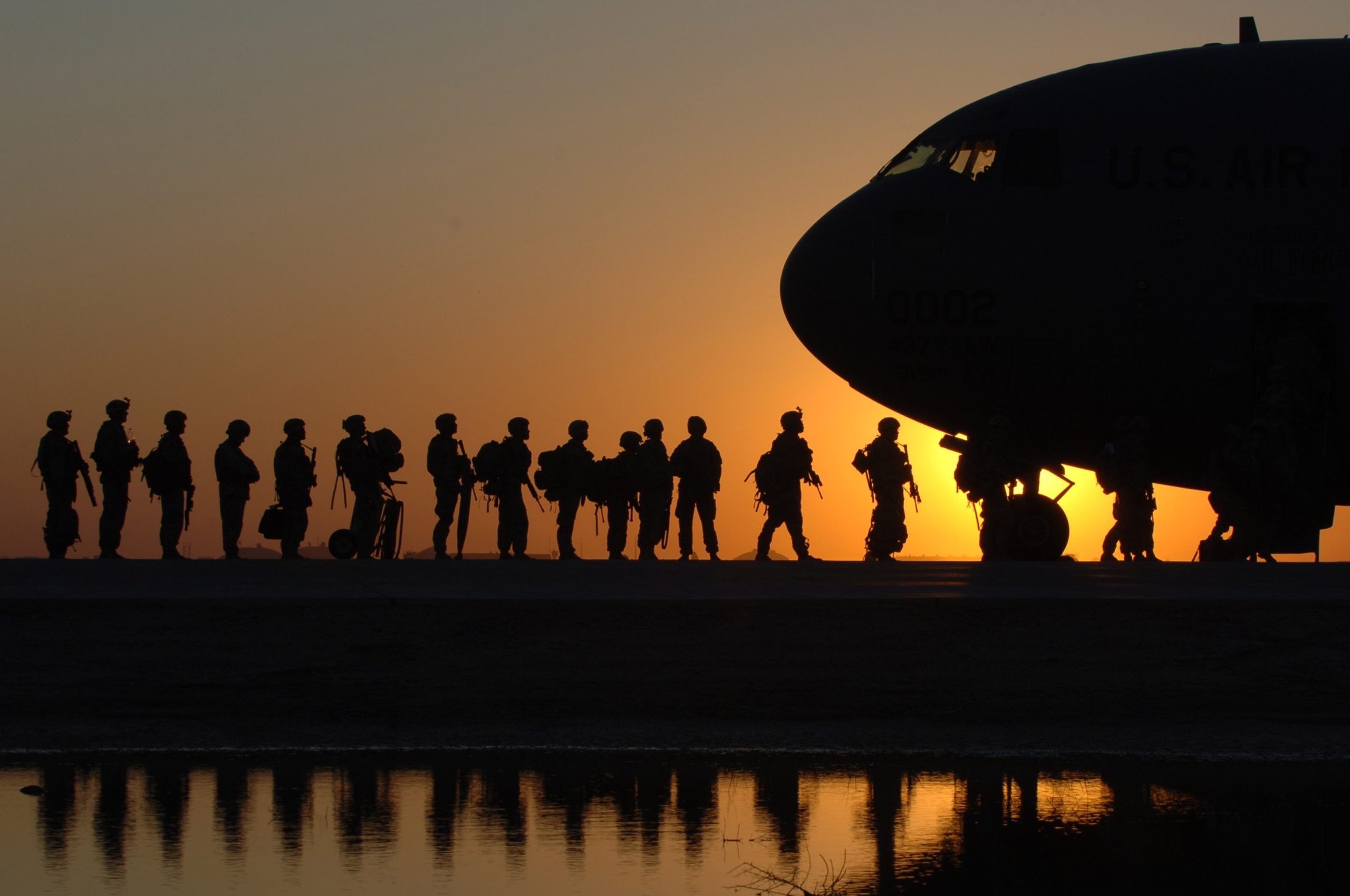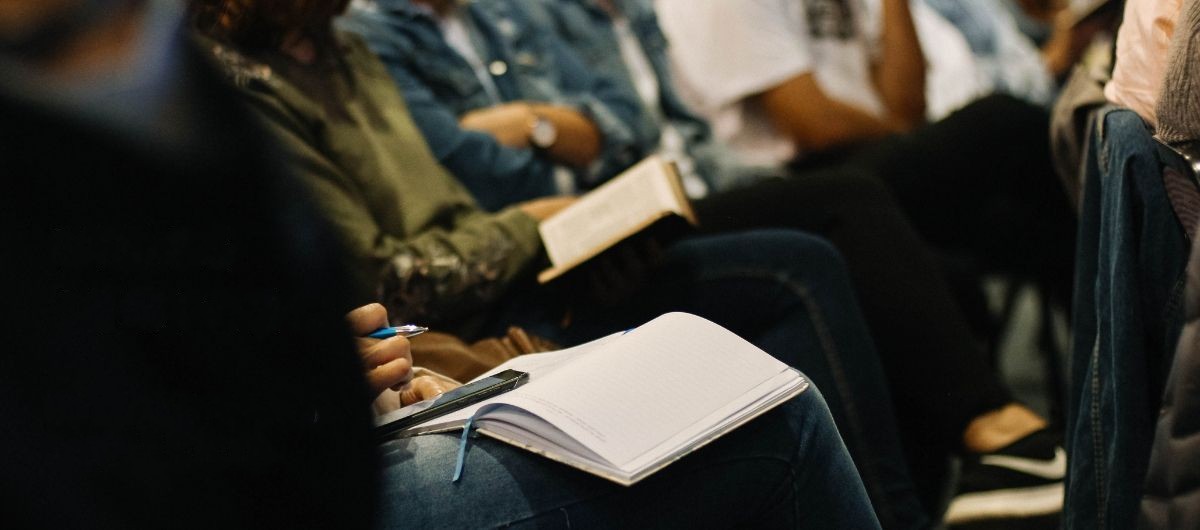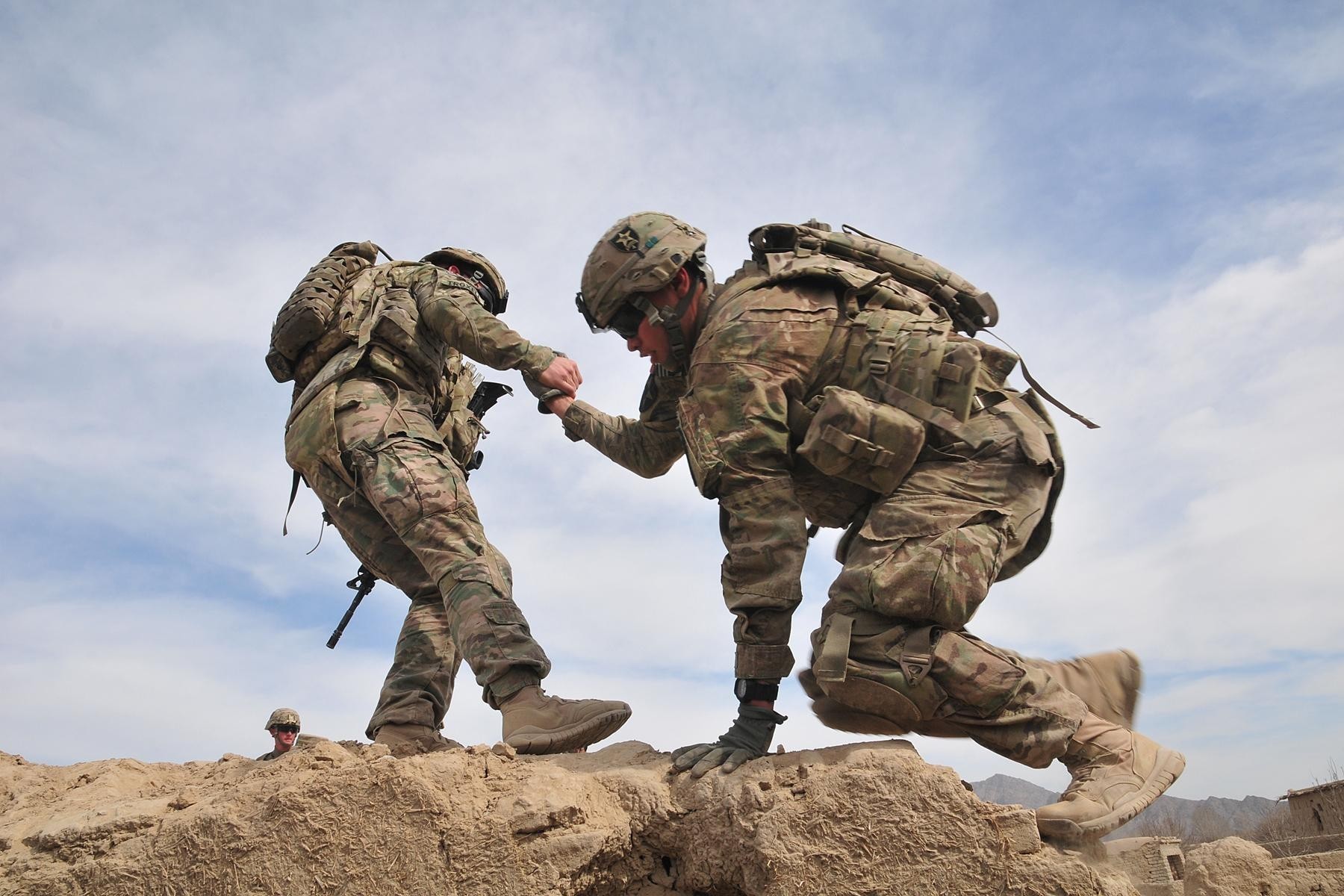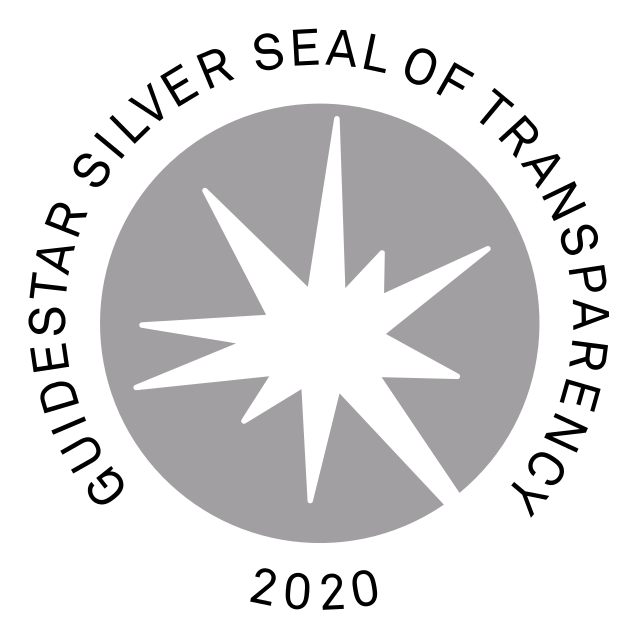When I was a boy, I asked my father a question. He is an Army WWII Veteran and was Cavalry for the 20th Armored Division. I asked him why so many Veterans seek out Veterans organizations to socialize. He just smiled and said, “Because Soldiers aren’t designed to be alone.” Like so many of the wise things my father taught me, I did not understand this until I became a Soldier myself.
In combat, it is a terrifying thing to be cut off from your unit, to be isolated. Without support you know you are highly vulnerable and may not last long. You know that to survive, you have only two real choices: seek to reconnect with your unit, or at least fall back to a friendly unit. When you are alone, remaining in place and hoping that someone comes looking for you is rarely a good option. Taking personal action can make all the difference between surviving or becoming a casualty. The issue is that too many Service Members and Veterans are not applying this to their lives outside of combat or even to their Military service.
COVID changed the world in many ways. Even when we were able to emerge from forced isolation, many, out of years of habit, just continued the practice of self-isolation. In other words, when COVID separated us from our in-person social systems, many chose to remain in place rather than seek out and reunite with former social connections. The result of this can be feelings of isolation and loneliness, which in extreme can be deadly.
Lonely and Isolated

More than a third of Americans report regularly feeling lonely or socially isolated. Loneliness is the feeling of being alone or separated from others. It happens when you feel your need for social connection is not being met. Social isolation, on the other hand, is physical separation from others, which can occur when living alone or in a remote area. It is possible to experience feelings of loneliness and isolation even while surrounded by others.
A 2017 Yale study identified loneliness as the main cause of suicidal thinking among thousands of older soldiers who had not experienced direct combat. Loneliness ranked higher than posttraumatic stress disorder, disability or psychiatric problems in contributing significantly to the risk of developing suicidal thinking.
Research increasingly focuses on the impact of loneliness on Veterans’ health. “Loneliness may represent the most important component of connectedness, as it is associated with depression severity, suicidality, and health-related behaviors,” concluded a study of how social connectedness correlates to depression among veterans.
Even those currently serving can struggle with loneliness. Deployments and Permanent Change of Station (PCS) are an important part of military life. These transitions can be filled with new opportunities and experiences. However, the challenges of moving and separating from family and friends may contribute to loneliness and social isolation. In fact, loneliness can happen to anyone at any time and may negatively impact our health and well-being.
Seasonal Affective Disorder
Add to all of this the possibility of Seasonal Affective Disorder (SAD). SAD is a type of depression that comes and goes in a seasonal pattern. SAD is sometimes known as “winter depression” because the symptoms are usually more apparent and more severe during the winter. As an active-duty chaplain, I used to call this Seasonal ATTITUDE Disorder, as so many troops and family members that I counseled had different attitudes toward their circumstances during the winter months.
As the National Institute of Health states, “Millions of American adults may suffer from SAD, although many may not know they have the condition. SAD occurs much more often in women than in men, and it is more common in those living farther north, where there are shorter daylight hours in the winter. For example, people living in Alaska or New England may be more likely to develop SAD than people living in Florida. In most cases, SAD begins in young adulthood.” Winter temperature variations, bad weather, the amount of sunlight, and physical location can all negatively impact our desire to socialize with others.
The Bible
My Veteran father taught me at an early age that Soldiers were not designed to be alone. This should not surprise anyone. God through his inspired Holy Word taught us this same lesson over and over again.
Through King Solomon, we are given this warning, “Whoever isolates himself seeks his own desire; he breaks out against all sound judgment.” (Proverbs 18:1). Solomon tells us that isolation is often the result of pursuing self-interests. Rather than develop a healthy social life, we choose for whatever reason to binge on computer and video games, social media, television, and even alcohol abuse. In this isolation, we care only about our own desires at the expense of those around us or near us. Solomon tells us this is NOT practicing sound judgment, and it is NOT pleasing to God..
The Apostle Paul makes this even more clear. He reminds us, “Now you are the body of Christ and individually members of it.” Christians, above all, were not designed to be alone. Just as a service member cut off from their unit is in jeopardy, so a Christian cut off from Christian fellowship is in spiritual danger from our true enemy, the Devil.

What Can We Do Right Now?
The good news is that the first steps to emerging from loneliness and isolation may not be that complicated. A few obvious steps recommended by experts are:
- Build a support base. Avoid relying on only your unit for socializing and friendships, although attending unit functions is encouraged. Try building relationships with a variety of groups, including neighbors, coworkers, friends and family. Return to in-person church/chapel. Join a bible study. Visit family and invite them to come visit you. Make social plans to see local friends. Stay in touch with friends and family regularly, especially if you are in an isolated area. Connect through social media, video chat or by phone.
- Renew or reinvigorate your spiritual life. For example, substitute 30 minutes of gaming or TV each day for a time of bible study and prayer. Committing to completing the free 75 day Military Bible Challenge is an easy and convenient way to get started.
- Volunteer to help others. Look for ways to help people around you. Your installation’s Military and Family Support Center can help you find local volunteer opportunities on and off base. Or you can search online.
- Make the most of time alone. Try out an activity that promotes self-reflection like walking, hiking, biking, or yoga. Get outdoors as much as possible, even if only for brief periods.
- Develop a healthy diet and exercise plan. This might include going to the gym or joining the YMCA.
- Get help. Reach out to a mature Christian friend or family member. Talk to a pastor, chaplain, or a health professional. If you need immediate help, call the Military & Veterans Crisis Line by dialing 988 and selecting Option 1 or the Disaster Distress Hotline at 800-985-5990.
Pressing On
It does not matter what separated us from our unit, whether COVID or Seasonal Affective Disorder. We need to press on and reconnect or find ourselves in trouble. As we make our way back, remember that we always have a battle buddy who is with us the whole way. Our Savior Jesus Christ reminded us, “And behold, I am with you always, to the end of the age. (Matt. 28:20b)”
My father was right, as usual. Soldiers are not designed to be alone. The good news is that we never truly are.





